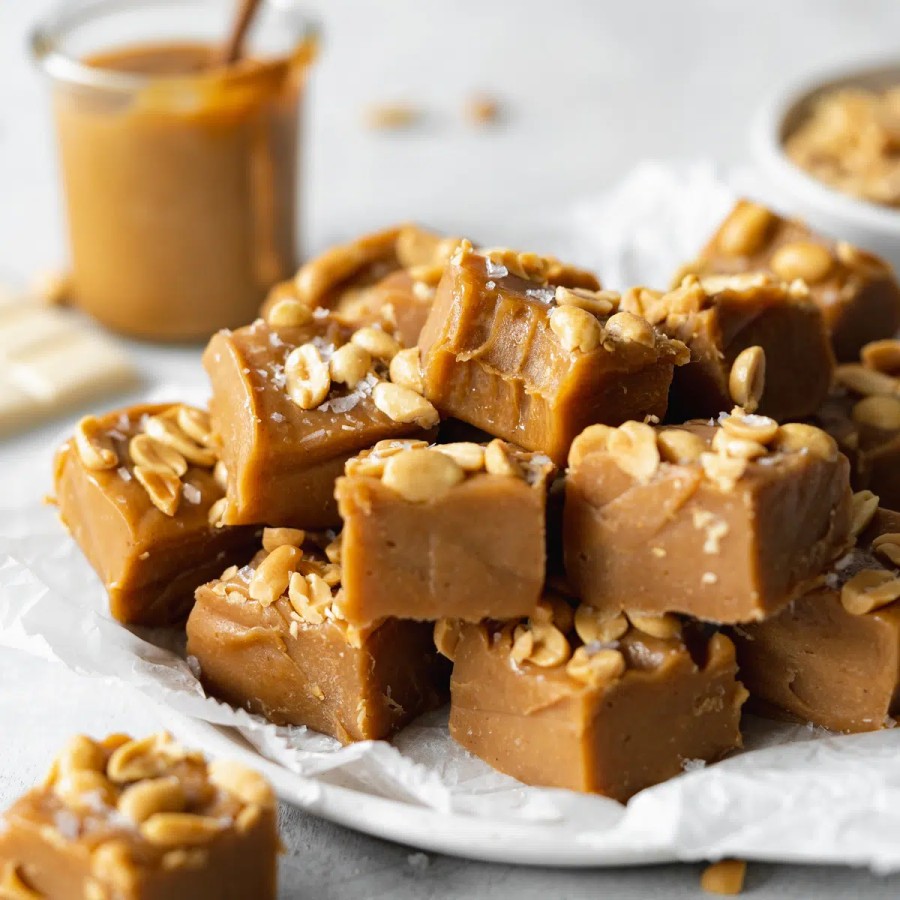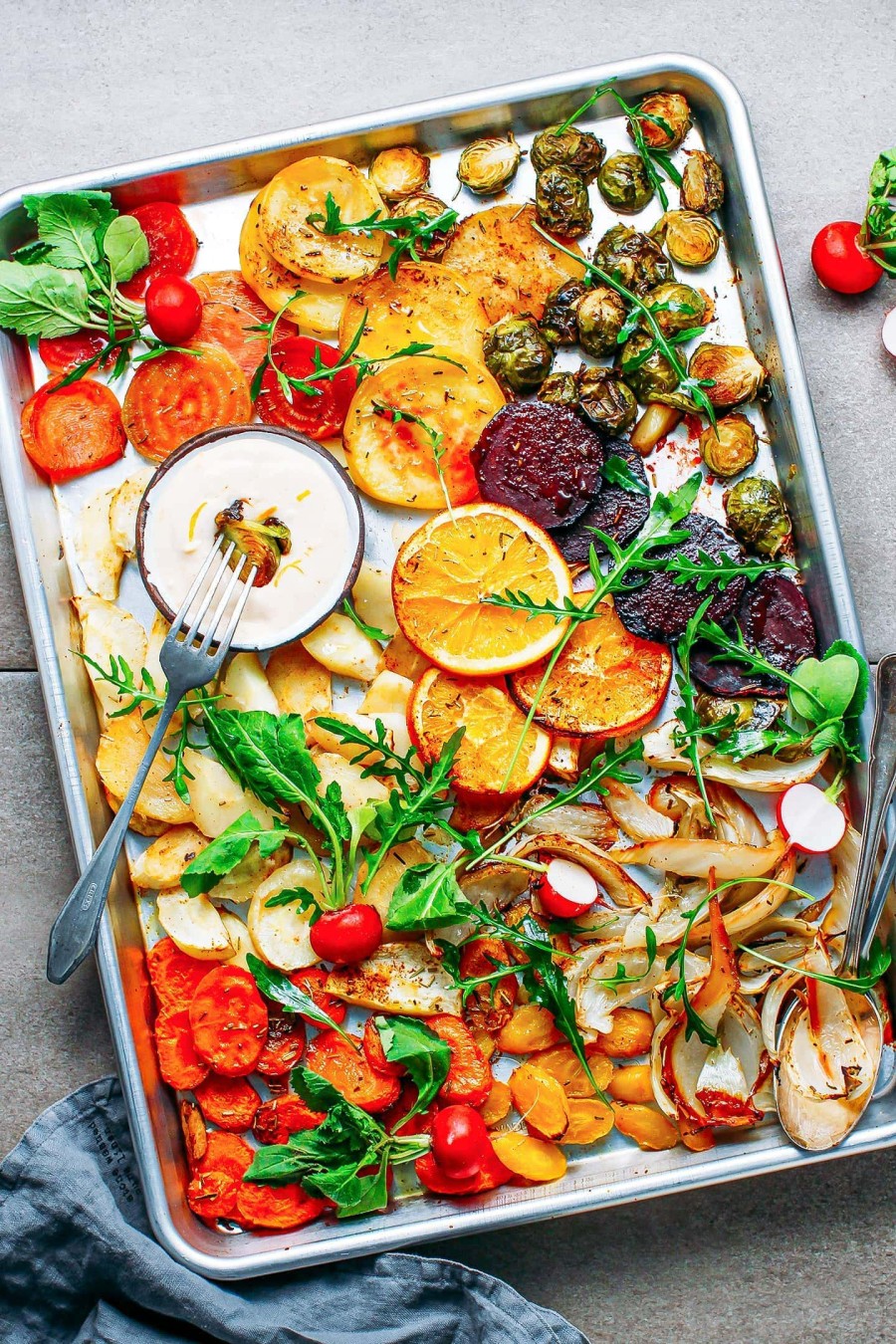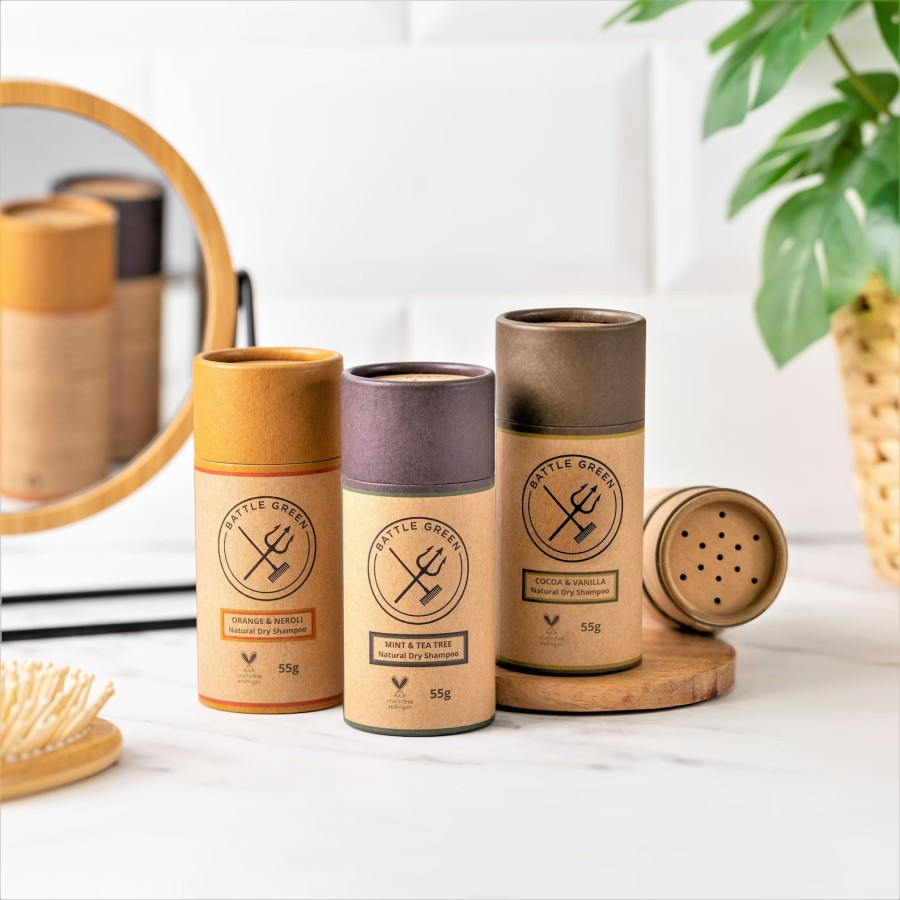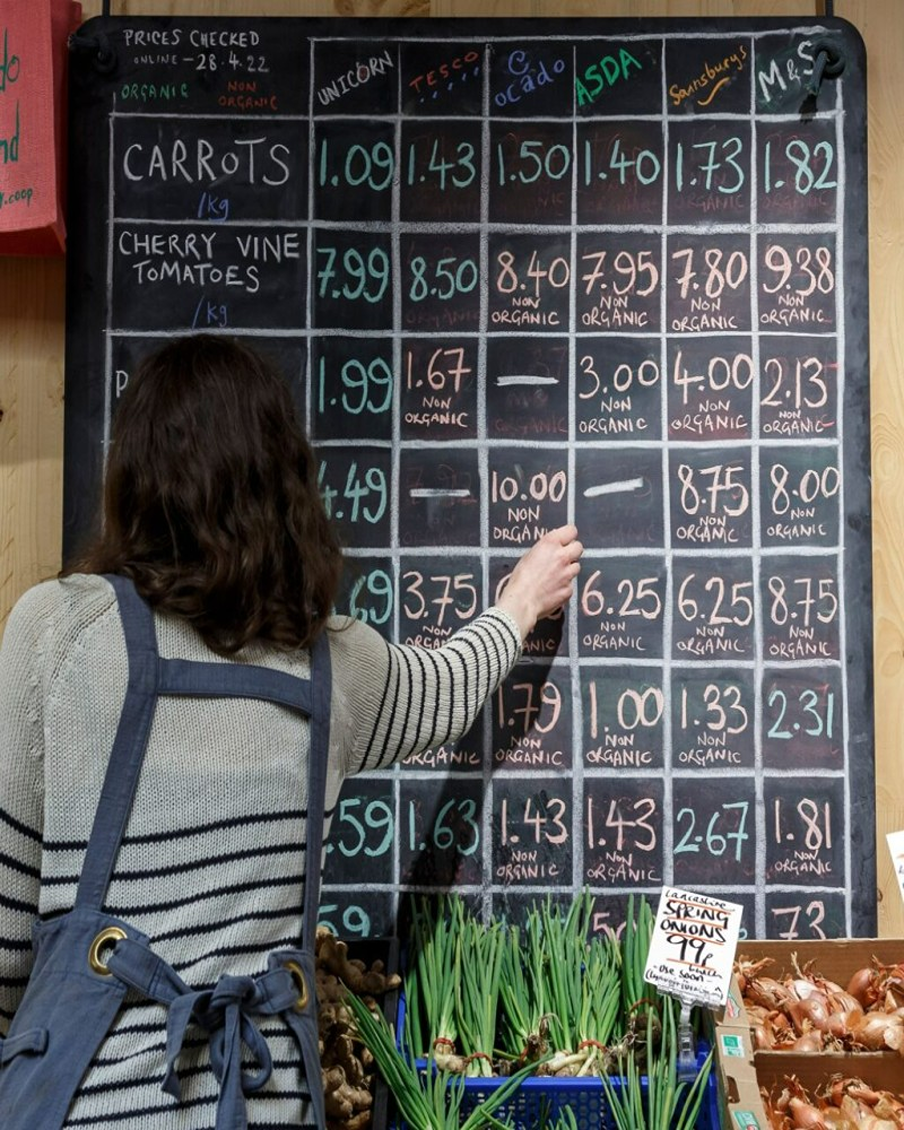
It’s good at least try to seek out tiny farm shops and bakers, if only to buy a loaf of bread or a bag of spuds. If you have nothing but big supermarkets nearby, then change what you buy (fresh plant foods over processed high-profit junk) to send a message on the kind of food and society you want. You’ll always find the basics are at far end of supermarkets and low-profit cereals (like porridge) not at eye-level (and there are never special offers on broccoli!)
Read food safety for people & pets. Choose unscented cleaning/laundry for pregnancy/nursing, medical conditions, babies and pets (citrus oils are pet-toxic). Avoid xylitol (in some foods, toothpastes, gum) in homes with pets.
If buying plants, herbs or flowers, learn how to make gardens safe for pets (includes indoor plants to avoid – avoid facing indoor foliage to gardens, to help stop birds flying into windows.
a thriving food co-operative in Manchester
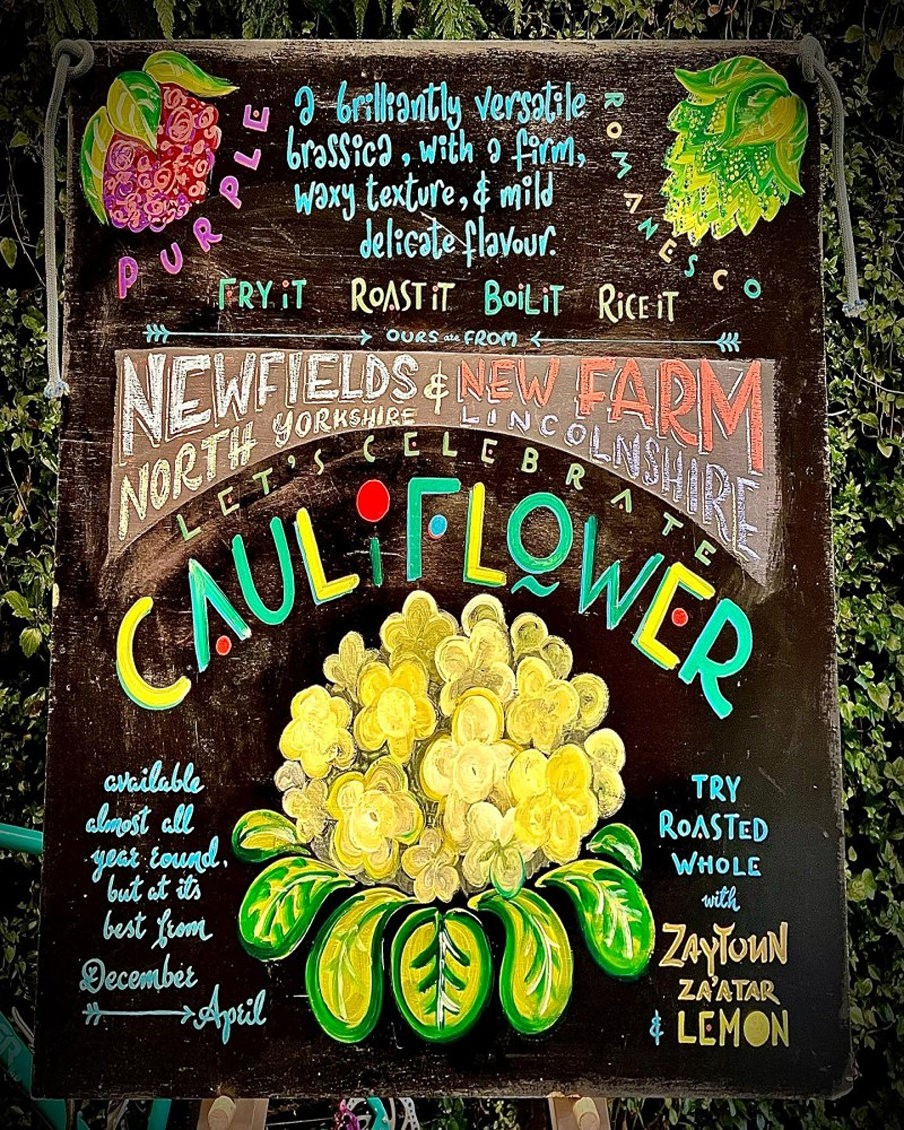
Unicorn Grocery is a thriving co-operative supermarket, twice named Best Food Retailer at the BBC Food & Farming Awards. This shop is the size of a supermarket but owned by its staff, who really do know their onions! A real hub of the community, it even has volunteer cyclists who deliver orders to people who can’t get to the shop in person (disabled people, busy mothers or carers etc). It offers a wide range of 2500 foods, along with organic beers, wines and spirits – and eco-refillable beauty and household goods.
Nearly all fruits and vegetables is sold loose, and there is a range of dried goods in zero-waste dispensers, and you can borrow cloth bags if you forget your own. Most salads and olives are sold in reusable tubs, and there’s even a soup cup deposit scheme.
Unicorn Grocery offers regular price comparisons with big supermarkets, which it can do as it cuts out the middlemen, and sources nearly all locally-grown fruits and vegetables direct from the farm gate, rather than wholesalers, It’s also not under pressure to make huge profits for shareholders or executives – because they don’t have any!
Some items do cost a bit more. For instance, Unicorn Grocery’s bread is slow-risen, made from organic ingredients by real bakers (along with homemade vegan flapjacks and brownies). Most items are healthy, but this is a ‘food shop’. So it’s not like chain store health shops that sell more supplements, this store simply sells good quality food free from genetically modified ingredients or hidden sugar or salt. Two-thirds of produce is organic, including all their booze.
The company also offers a ‘Good Stuff’ apple logo on items that indicate their favourite products and suppliers. These are really special companies that Unicorn Grocery would love to see as nationwide brands, so they give them a bit of free marketing!
Although most food is local (flour, beans, peas and even quinoa from Suffolk), you won’t be short of ethnic foods. From organic Italian pestos to Fair Trade pickles from a women’s co-operative in Swaziland, there’s something for everyone’s taste. Then before you head home, pop to the freezer section for Lancashire’s biggest range of wheat-meats, raw sweet pies, dairy-free cheeses and vegan ice-creams.
England’s largest zero waste supermarket
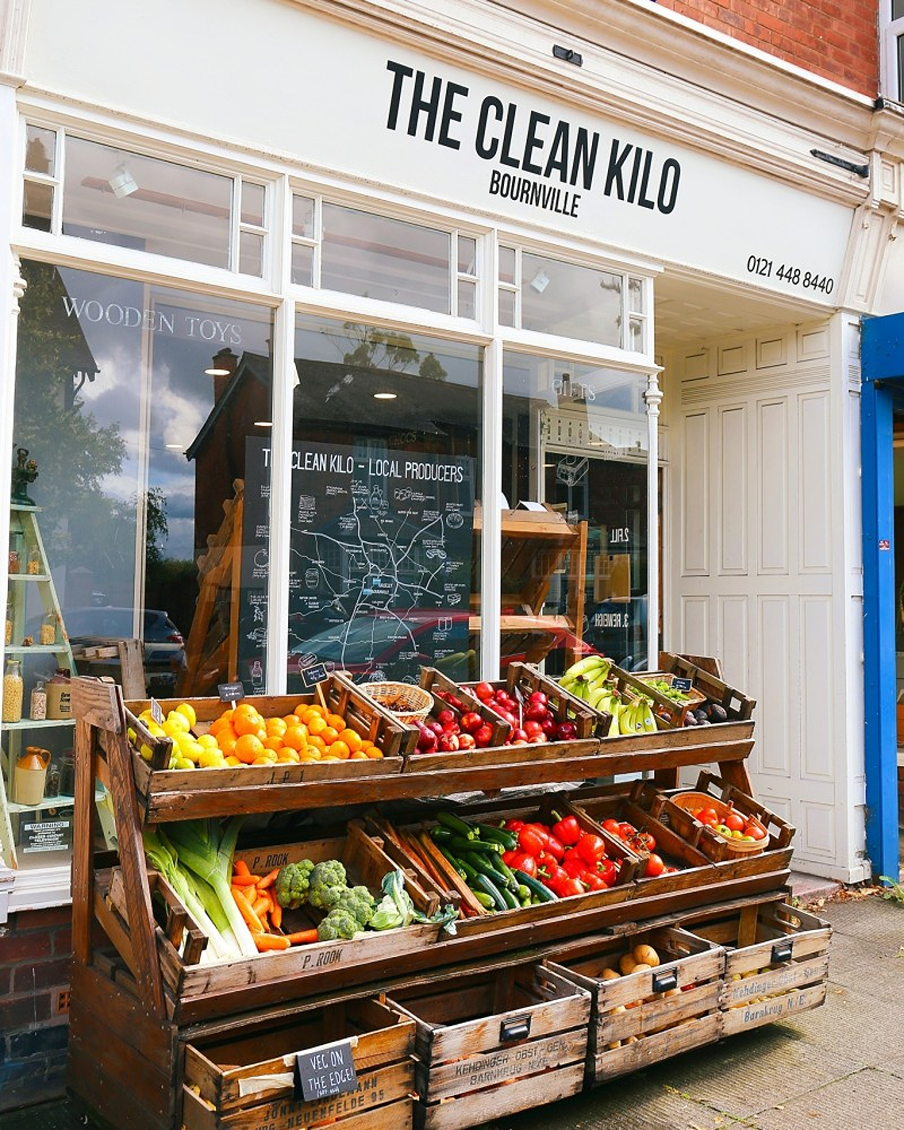
The Clean Kilo (Birmingham) is England’s largest zero-waste supermarket. Situated in Bourneville, it uses a tare system to weigh food, without paying for containers. Beautifully fitted with natural hues and materials, there’s a deli, chilled plant milk dispensers and machines to make your own orange juice and peanut butter.
Most food is organic from local artisan producers, bought in bulk to build strong relationships and good income for small suppliers, and containers are exchanged to create a circular economy. This keeps money in the local area, and helps to reduce road traffic as no lorries are needed to deliver food to local people, which helps to reduce carbon emissions. Even the crisps arrive in packaging-free containers from nearby Staffordshire.
One Brummie who would have been super-happy that England’s first zero-waste supermarket is vegan was Benjamin Zephaniah. The black poet who ‘made the establishment uncomfortable’, he stuck to his principles and was one of the few to refuse an honour, due to not believing in the system (unlike some who don’t believe in the system, but then take the title!) A passionate vegan, he used his poetry to help all species, and will be sadly missed.
I’d find out what the cow was eating, and join it (when asked what he would eat if in a desert with no food, apart from a cow).
an eco-vegan supermarket in Brighton
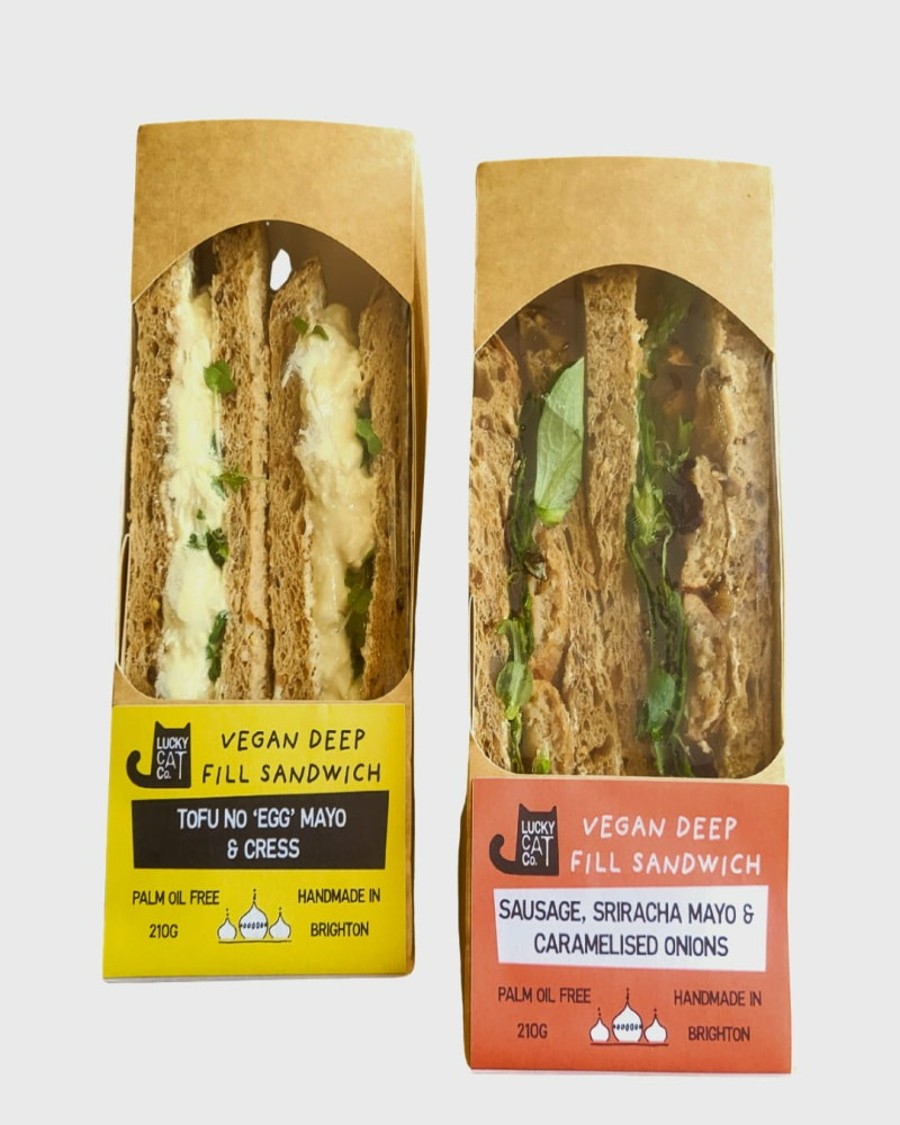
Kindly (Brighton, East Sussex) is an all-vegan supermarket in this vibrant city. It also offers carbon-neutral delivery to local customers, through an online store. If you’re not at home, place a note to leave deliveries in a safe designated place (it’s best to be home if ordering chilled goods).
This supermarket focuses on organic, local and Fairtrade products to make it the most responsible place to shop if you live in the city. It even offers vegan sandwiches in compostable packaging (handmade in Brighton!). Everything is carefully selected by their team of experts – from food and drink to eco health and beauty items, even eco-nappies for babies. The founder is an Internet techy wizard who wished to use his success to put some good back into the world, and his aim is to ‘flip the supermarket model on its head’ and put planet before profits.
Unlike most indie health shops, this shop is big enough to do all your regular weekly shop in one go – from fresh fruit and vegetables and bread to meat and dairy alternatives, and everything inbetween. Step inside (away from the city bustle) and do your shop in peace, knowing your food choices are helping to create peace!
more indie supermarkets in Brighton
Roots & Hoots is owned by the same people who run Kindly, and sends out everything to local customers in packaging. The all-vegan range operates on a closed-loop carbon-neutral delivery and collection service, so you simply return the cotton bags, tins or glass bottles, they clean them and use them again. The range includes a wide range of food and drink, beauty and household items (with eco-household refills).
Hunglish is a nice little zero waste store in Brighton, which offers free local pickup or delivery (nationwide) of plastic-free daily essentials from food to beauty and household goods. The aim is to encourage each Brightonians to make one small substitute each week to save 52 bits of plastic each year. With a population of around 250,000, if everyone did this, it would mean over 13 million less plastic items to dispose of each year in the city alone!
why do supermarkets only serve some areas well?
Big supermarkets are likely here to stay, but why do some branches serve their customers better than others? Budgens of Holt (Norfolk) is a good example. This is a beautifully built store (the first one burned down) and has a fine line of plastic-free produce and the website shows its commitment to the local environment. It also sells lots of vegan-friendly produce and unlike most supermarkets, boasts that it has no tannoys or annoying loud music. But why only here? Likely because Holt is a very affluent town. Yet Budgens in other areas of England don’t fare so well.
The website boasts that its strawberries are grown just 4 miles from the store, and the shops sells produce from over 50 local suppliers. Some items are even delivered straight from the field, where they are picked. The supermarket offers same-day home delivery, a local post office and refill stations, along with electric car charging points, energy-efficient fridges and an upcoming solar panel on the roof.
Yet the Budgens store in Clacton-on-Sea (Essex) which is apparently one of the least affluent towns in the nation, only offers a simple website offering nothing local, national lottery tickets and special offers on toilet roll and plastic giant bottles of Pepsi cola.
Online reviews for the Holt store are mostly superb (other than someone rightly criticisin the car park for light pollution, which would affect birds and wildlife). Yet the other store has not-very-good reviews (not staff necessarily, but more lack of disabled facilities and customer service not responding to damage caused by delivery lorries etc). It seems there is one law for one ….
If the big supermarkets really want to say they give ‘customer choice’, then they should do just that. For instance, it’s nigh impossible to find natural toothpastes or hair dyes in supermarkets, and many areas offer very little in the way of good quality brands for vegans. Most supermarkets have been selling the same brand of vegan yoghurt (and no alternatives) for the last 20 years or so.
a few of the bigger ‘alternative supermarkets’
It only has one branch but Jempson’s (East Sussex) has been around years. It’s independently owned and does offer good quality produce, but also many mainstream brands (it also has its own loyalty scheme and petrol station). It also owns a chain of local bakery shops, so the bread is good. It has now also ventured into providing local stores (akin to Tesco Express) in surrounding towns and villages.
Booth’s is often referred to as the ‘Waitrose of the North’ as it’s quite posh and offers good food. However, it again still sells all the main brands and is likely too expensive for the average person. Haivng in-store machines to ‘make your own juice’ is all very well, but most people want proper affordable organic food that they can eat to last the week. It has removed plastic bags with loose produce bags. But like all the big guns, you have to be careful of greenwash. The site boasts that it has ‘removed all plastic cutlery’ to prevent over half a million pieces being used – that’s because due to the single-use plastic ban, selling plastic cutlery (or giving it out) would be illegal.
vegan supermarkets of the future?
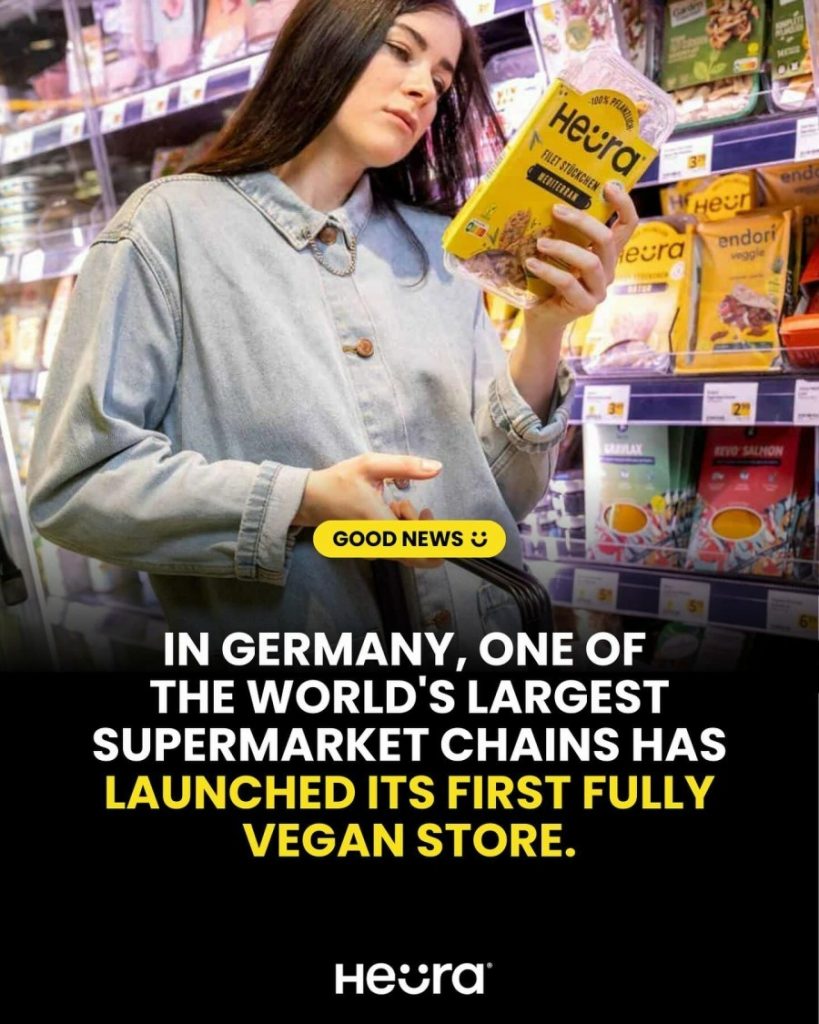
Unicorn Grocery and Kindly supermarkets (above) are totally vegan, a trend that is happening world. The USA has several vegan supermarkets, as does Germany.
Infinity Foods is one of England’s oldest and biggest co-operative food stores, offering a huge range of organic fresh produce, freshly baked bread, eco beauty and household supplies, and natural medicines. First began in a terraced house in 1970, today it runs a wholesale operation and employs many local people, giving excess produce to local food banks, and a portion of profits to local environmental and wildlife charities.
We are also committed to working within the community by sponsoring many of the wonderful local schemes which are flourishing under initiatives such as the Brighton and Hove Food Partnership. We also take responsibility for our unsold food, donating bread, fruit and veg and other items to homeless shelters and local intercepted food projects. The shop also offers 10% discount for pensioners (just show your bus pass or senior rail card) anad 15% discount on bulk items (minimum of 6 items or a case, orders placed in advance).
Brighton Community Compost Centre is situated on the edge of the city and sells compost at discount to schools and community projects, made from people clearing their own garden waste (they offer a soil collection service, and a garden-waste recycling facility for local business).
Kindly (Brighton, East Sussex) is an all-vegan supermarket in this vibrant city. It also offers carbon-neutral delivery to local customers, through an online store. If you’re not at home, place a note to leave deliveries in a safe designated place (it’s best to be home if ordering chilled goods).
This supermarket focuses on organic, local and Fairtrade products to make it the most responsible place to shop if you live in the city. It even offers vegan sandwiches in compostable packaging (handmade in Brighton!). Everything is carefully selected by their team of experts – from food and drink to eco health and beauty items, even eco-nappies for babies. The founder is an Internet techy wizard who wished to use his success to put some good back into the world, and his aim is to ‘flip the supermarket model on its head’ and put planet before profits.
Unlike most indie health shops, this shop is big enough to do all your regular weekly shop in one go – from fresh fruit and vegetables and bread to meat and dairy alternatives, and everything inbetween. Step inside (away from the city bustle) and do your shop in peace, knowing your food choices are helping to create peace!
more indie supermarkets in Brighton
Roots & Hoots is owned by the same people who run Kindly, and sends out everything to local customers in packaging. The all-vegan range operates on a closed-loop carbon-neutral delivery and collection service, so you simply return the cotton bags, tins or glass bottles, they clean them and use them again. The range includes a wide range of food and drink, beauty and household items (with eco-household refills).
Hunglish is a nice little zero waste store in Brighton, which offers free local pickup or delivery (nationwide) of plastic-free daily essentials from food to beauty and household goods. The aim is to encourage each Brightonians to make one small substitute each week to save 52 bits of plastic each year. With a population of around 250,000, if everyone did this, it would mean over 13 million less plastic items to dispose of each year in the city alone!
Botanique Brighton offers vegan fine dining in the city, using fresh organic produce from a local no-dig garden and their own (England’s first) on site indoor hydroponic kitchen garden for herbs and aromatics with zero food miles. The decor is all natural paints and materials, and even the plates are made from stone. From beetroot gnocchi to celeriac steaks to sticky toffee pudding, the menu is unique with fine wines to sip alongside.
Magpie is Brighton’s alternative non-council recycling service, which also operates for businesses, charing a small quarterly fee for its co-op workers to collect from households across the city in electric vehicles. Many people prefer to use this as the Greenbox scheme collects weekly (so avoids having too much recycling in your kitchen) and it also collects a wider range of materials including most plastics, textiles, textiles/juices and aluminium foil, and everything is recycling locally (nothing is shipped abroad). It works at just over £2 a week.
Real Junk Food Brighton is a fab idea, which takes leftover food waste from local shops, wholesalers, supermarkets and even farmers, then turns it into local meals at ‘pay what you feel’ cafes. As a community interest company, money made goes back into paying rent and costs. A third of the world’s food is wasted, and this project is doing its best to help, when so many people go hungry.


